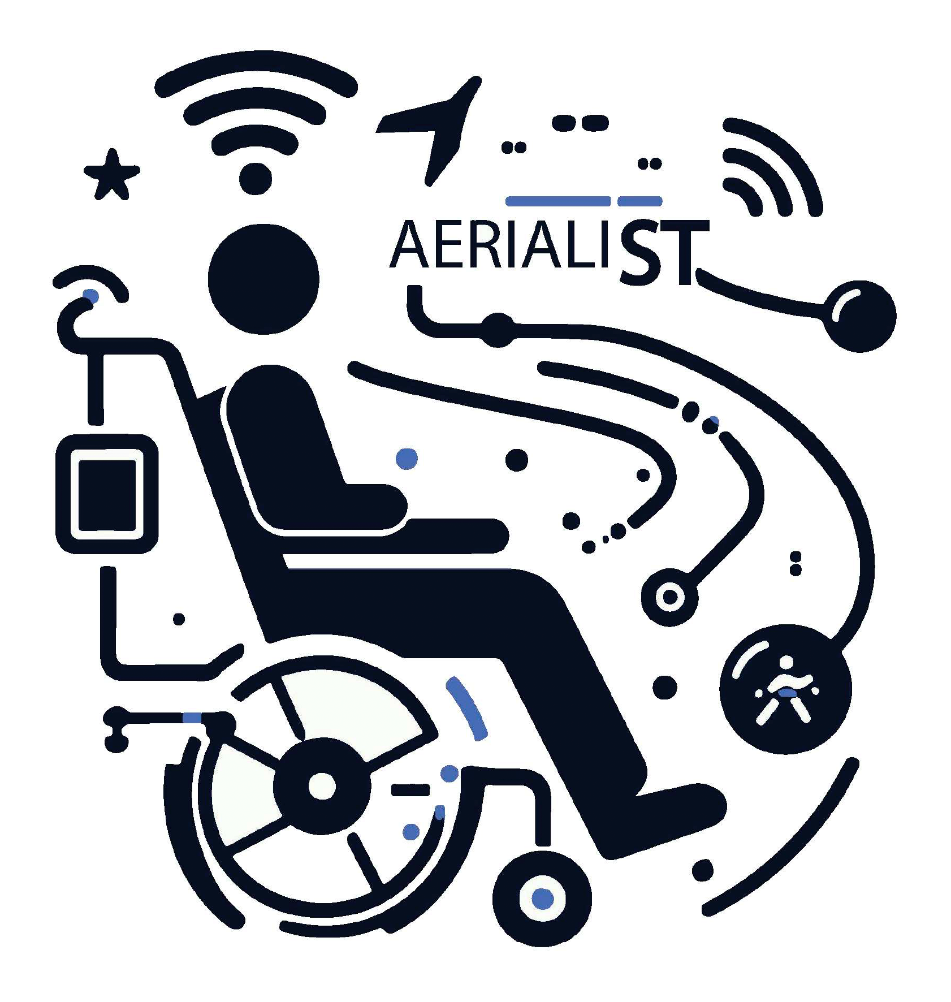AERIALIST
Doctoral Network on Assistive Health Technology in Unsupervised/Home Settings
The AERIALIST project aims to advance assistive health technologies by leveraging modern machine learning techniques. These technologies are designed to seamlessly adapt to users, environments, and tasks, providing intuitive and symbiotic assistance. Examples include home-based rehabilitation robots, electric wheelchairs, telehealth applications, and powered prostheses. Despite advancements in hardware and control systems, challenges remain regarding safety and reliability in dynamic scenarios. AERIALIST trains a new generation of multidisciplinary doctoral candidates who, in collaboration with industry partners and health technology developers, will create systems that enhance diagnoses, treatments, and quality of life while promoting equity in daily activities.
Within AERIALIST, the IMES will develop learning algorithms for motor primitives and multi-agent learning and co-adaption of different systems.
European Union, funding program “Marie Skłodowska-Curie Actions (MSCA)”
- Institut für Mechatronische Systeme, Gottfried Wilhelm Leibniz Universität Hannover
- KU Leuven
- TU Delft
- Fraunhofer-Gesellschaft
- CSIC
- Sant’Anna School of Advanced Studies
- Instituto Cajal
- Politecnico di Milano
- RWTH Aachen
- Universität Zürich
- ETH Zürich
- Universität Basel
- Balgrist University Hospital
- NOVA School of Science and Technology
- National Spinal Cord Injury Hospital, University of Bologna
- Technische Universität Kaiserslautern
- Erasmus MC
- Tyromotion GmbH
- Otto Bock Healthcare Products GmbH
- PLUX
- Wearable Robotics S.R.L.
- Reha Stim Medtec
- SensorStim Neurotechnology




